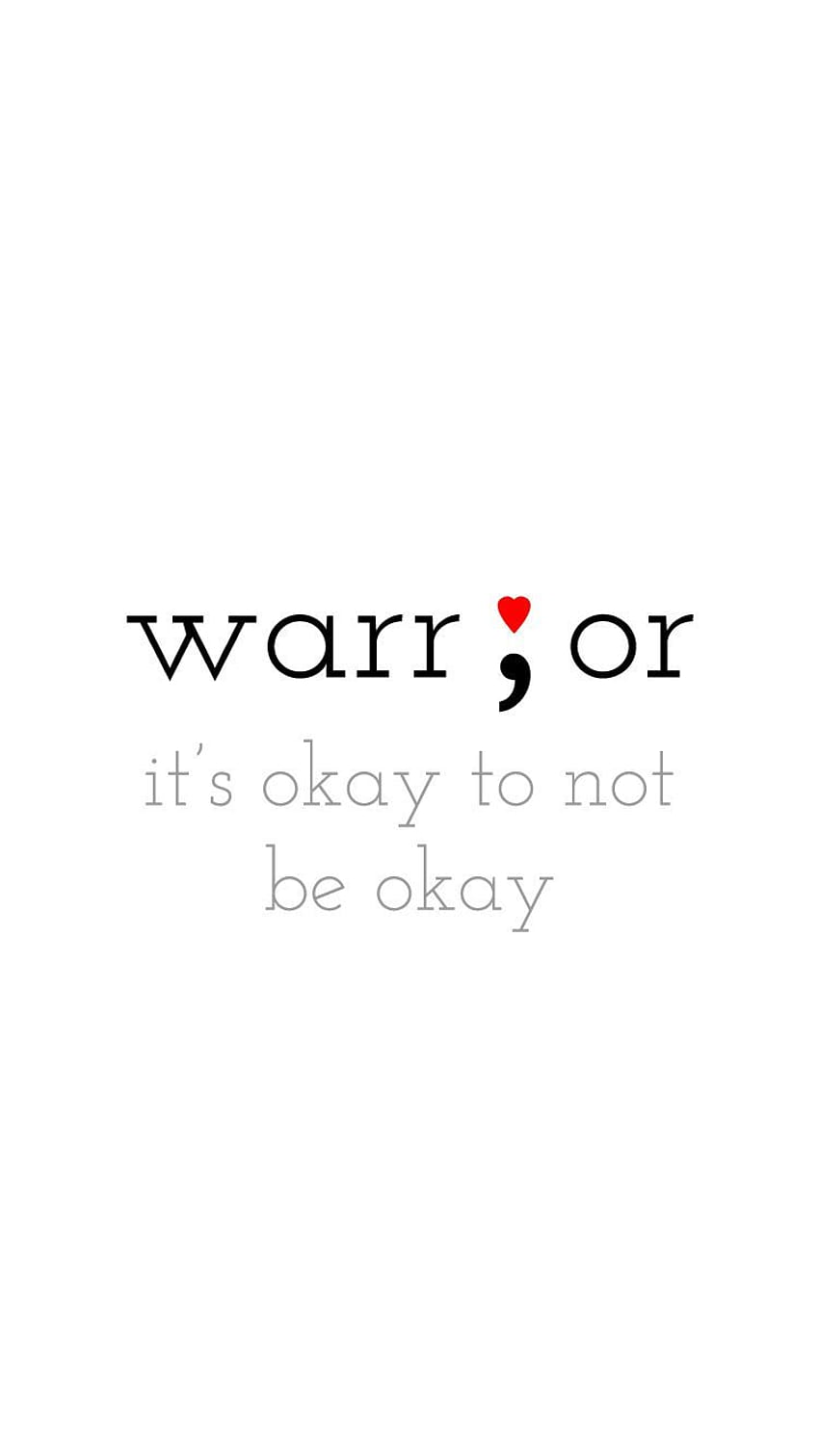
As we navigate the intricate landscape of the human experience, one crucial aspect that often takes center stage is mental health. The realm of mental health is vast and multifaceted, encompassing an array of emotions, thoughts, and behaviors that shape our daily lives. It is a deeply personal journey, unique to each individual, yet interconnected by shared experiences and common challenges.
In a world where the pressures of modern living can sometimes feel overwhelming, understanding and prioritizing mental health is of paramount importance. It is not merely the absence of illness or distress but a state of well-being that allows us to realize our full potential, cope with the stresses of life, work productively, and contribute meaningfully to our communities. By unmasking the complexities of mental health, we embark on a journey of self-discovery, acceptance, and healing that can lead to profound personal growth and transformation.
Understanding Mental Health
Mental health is a fundamental aspect of our overall well-being. It encompasses our emotional, psychological, and social well-being, affecting how we think, feel, and act in various situations. Despite its significance, mental health remains a topic often surrounded by stigma and misconceptions.
It is essential to recognize that mental health is a spectrum, ranging from optimal to struggling. Just like physical health, mental health is not a binary concept – it fluctuates over time and can be influenced by various factors such as genetics, life experiences, and environmental stressors. Understanding this variability is crucial in fostering empathy and support for individuals facing mental health challenges.
Taking care of our mental health involves practicing self-care, seeking professional help when needed, and cultivating healthy coping mechanisms. It is not a sign of weakness to prioritize mental well-being; rather, it is a proactive step towards leading a fulfilling and balanced life. By promoting open conversations about mental health and challenging stereotypes, we can create a more inclusive and supportive environment for individuals navigating their mental health journeys.
Therapy Trainings
Support and Resources
When navigating the complexities of mental health, it is crucial to seek support from trusted individuals in your life. Whether it’s family members, friends, or mental health professionals, having a strong support system can make a significant difference in your mental well-being. Remember, it’s okay to reach out for help when needed.
Additionally, there are various resources available in the community that can provide valuable support for mental health challenges. Local mental health clinics, helplines, and online forums are great options to explore when seeking guidance and assistance. These resources offer a safe space for individuals to share their experiences and connect with others who may be going through similar struggles.
Taking proactive steps to educate yourself about mental health can also be empowering. By staying informed about different mental health conditions, treatment options, and coping strategies, you can better understand your own experiences and make informed decisions about your mental well-being. Remember, knowledge is key in the journey towards mental health recovery.
Promoting Mental Well-being
Incorporating regular physical activity into your routine can have a positive impact on mental health. Exercise releases endorphins, also known as the "feel-good" hormones, which can help reduce feelings of stress and anxiety. Whether it’s a brisk walk, a yoga session, or a workout at the gym, finding an activity that you enjoy can boost your overall well-being.
Maintaining a balanced and nutritious diet is essential for promoting mental health. Certain foods, such as those rich in omega-3 fatty acids, vitamins, and minerals, can support brain function and mood regulation. By fueling your body with whole foods and staying hydrated, you can enhance your cognitive abilities and emotional resilience.
Building strong social connections and seeking support from friends and family members are crucial aspects of promoting mental well-being. Engaging in meaningful interactions, fostering positive relationships, and being open about your feelings can create a supportive network that contributes to your emotional stability. Remember, it’s okay to reach out for help when you need it – you are not alone in your journey towards better mental health.
